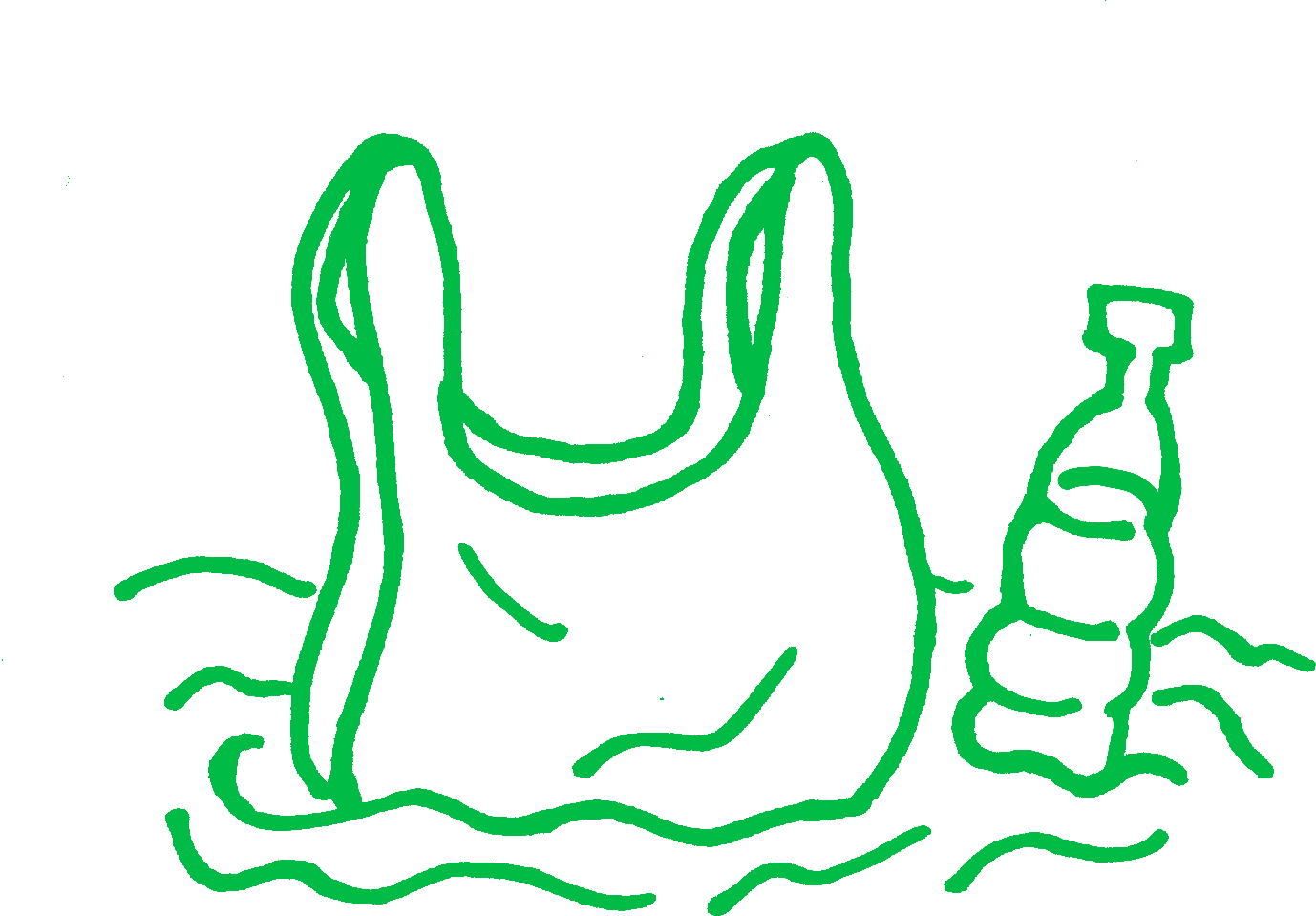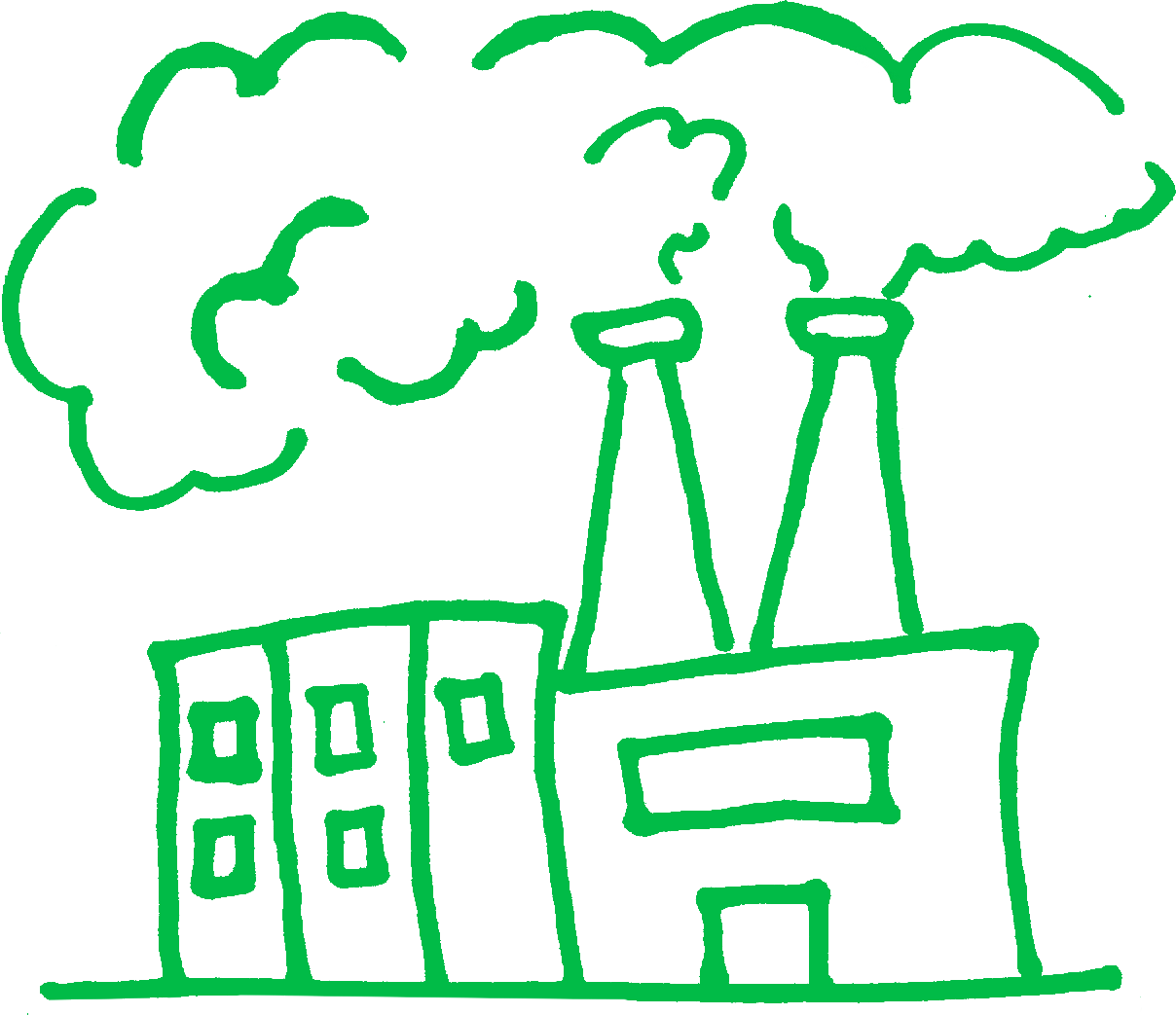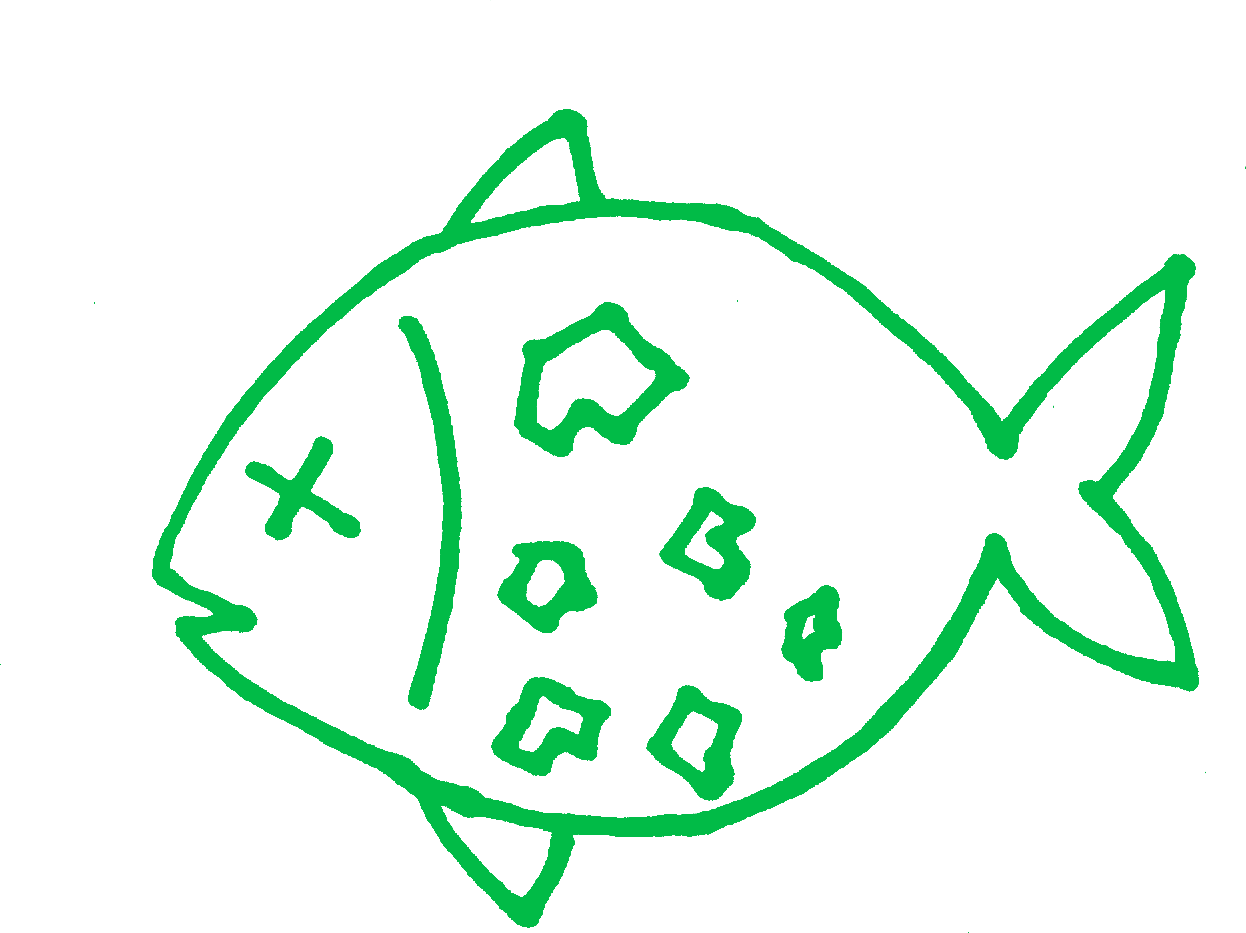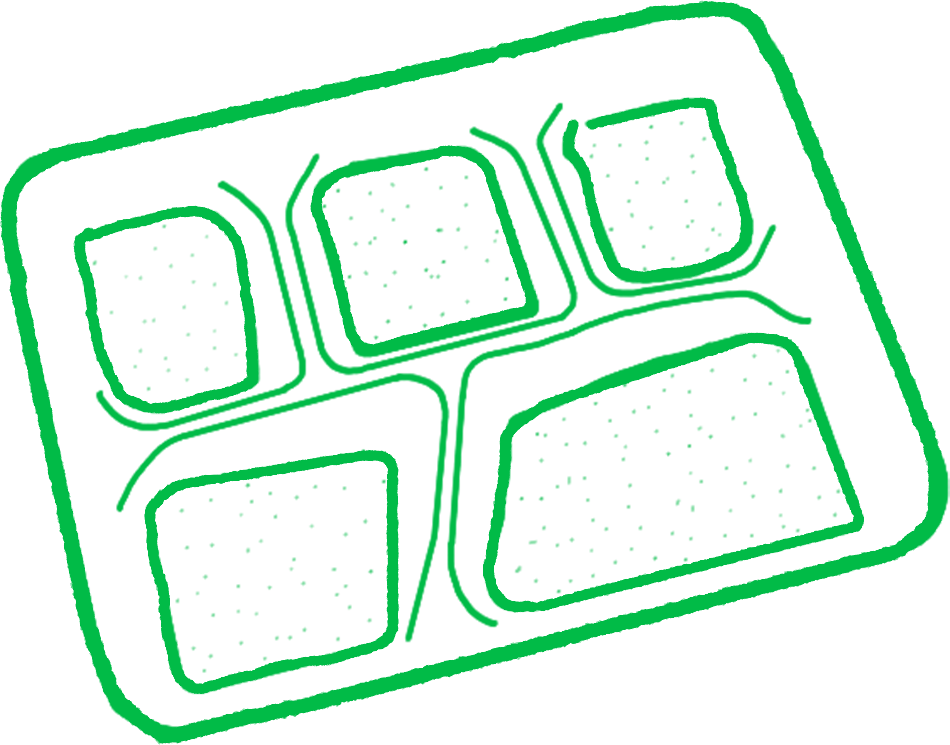

Microplastic Madness Toolkit
Post Content
Toolkit Sign Up
Complete this short form to get an immediate access to the content below:
Guiding Questions for Microplastic Madness Screening
TEACHERS! Screen the entire movie (Microplastic Madness, 76 minutes) as an extended lesson or in three parts (about 25 minutes each), allowing time for discussion after each section. Guiding Questions are provided for Parts 1 through 3 to help structure meaningful classroom conversations.
For grades 3 and 4, we recommend screening the movie in three parts. Watch. Pause. Discuss.
See the lesson plans from the companion Toolkit in action to extend learning beyond the screen!
What’s in our toolkit
This free digital toolkit is designed to help educators teach about plastic pollution and youth action—inspired by the award-winning documentary Microplastic Madness.
When you sign up, you’ll receive access to a Google Drive folder with everything you need to bring the film’s themes into your classroom, including:
✔️ Printable lesson plan PDFs
✔️ Classroom discussion slides
✔️ Student worksheets
✔️ Additional resources for action projects and deeper learning
Start with the User’s Guide—a helpful document that outlines and categorizes all included materials by unit.
The toolkit is organized into four thematic units (listed below), each grounded in real-world issues and student-centered solutions. Use the units in sequence, or adapt them to fit your classroom needs.
Bring the movement to your school and spark powerful conversations about plastic, justice, and change—led by your students.
Street Litter Survey Unit: Your students will gain a hands-on understanding of how plastic street litter contributes to a global plastic marine pollution crisis in this unit. Their local knowledge and litter data can be used for their own student-designed solutions for change.Students first observe street litter in the neighborhood around their school, then they collect and analyze their own real world visual and numerical data to recognize and quantify the problem in their own real world. Then, they test or present their own solutions to peers, neighbors, and decision-makers.
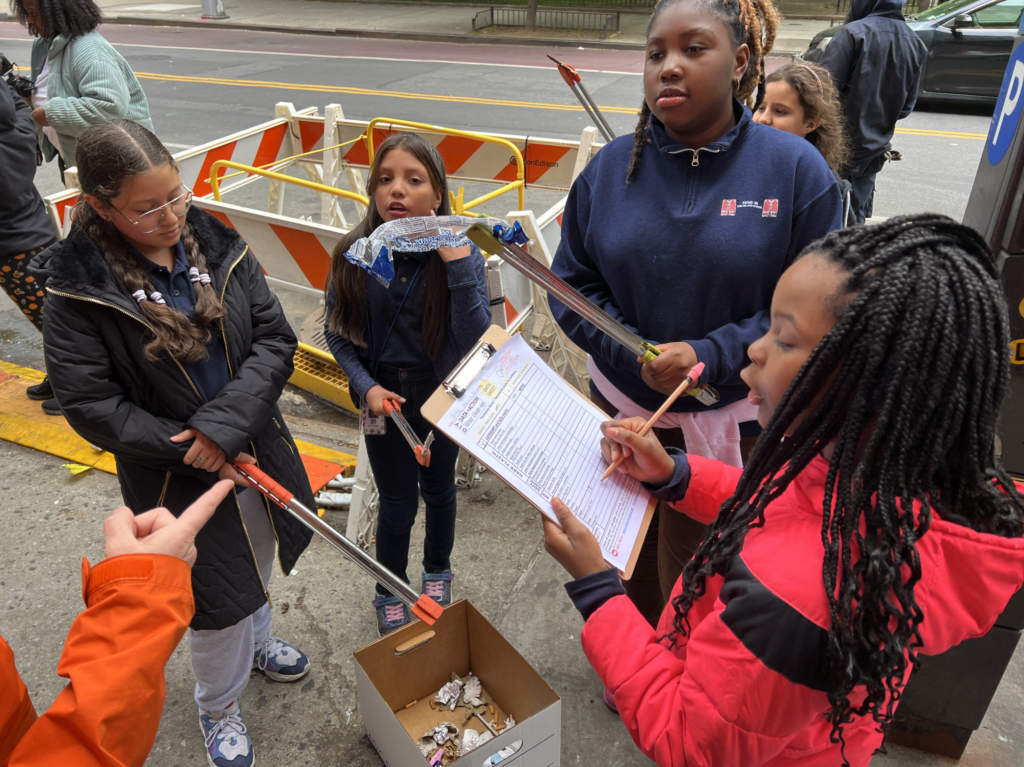
Plastic Free Lunch Day Unit: Take action on Plastic-Free Lunch Days (and every day) by collecting data to reduce single-use plastics in your cafeteria. Bridge the connection between plastic production, use and disposal. Collect data (before and after) and use your data to accelerate change in your school community and city/town.
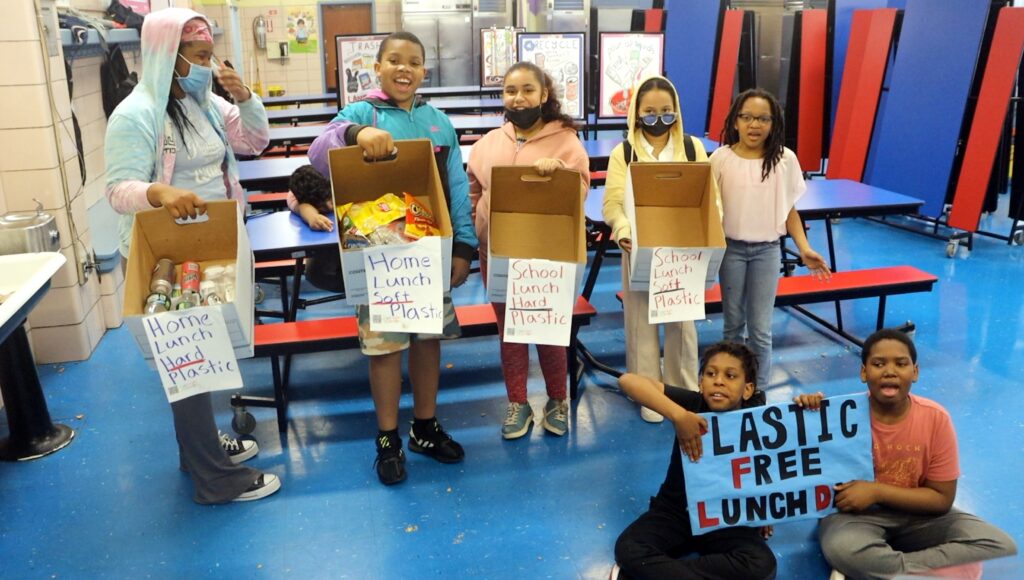
Desktop Lunch Survey Unit: for 3rd – 7th grades & for 8th – 12th grades – Students collect single-use plastic data from their own cafeteria lunch in this modified waste audit
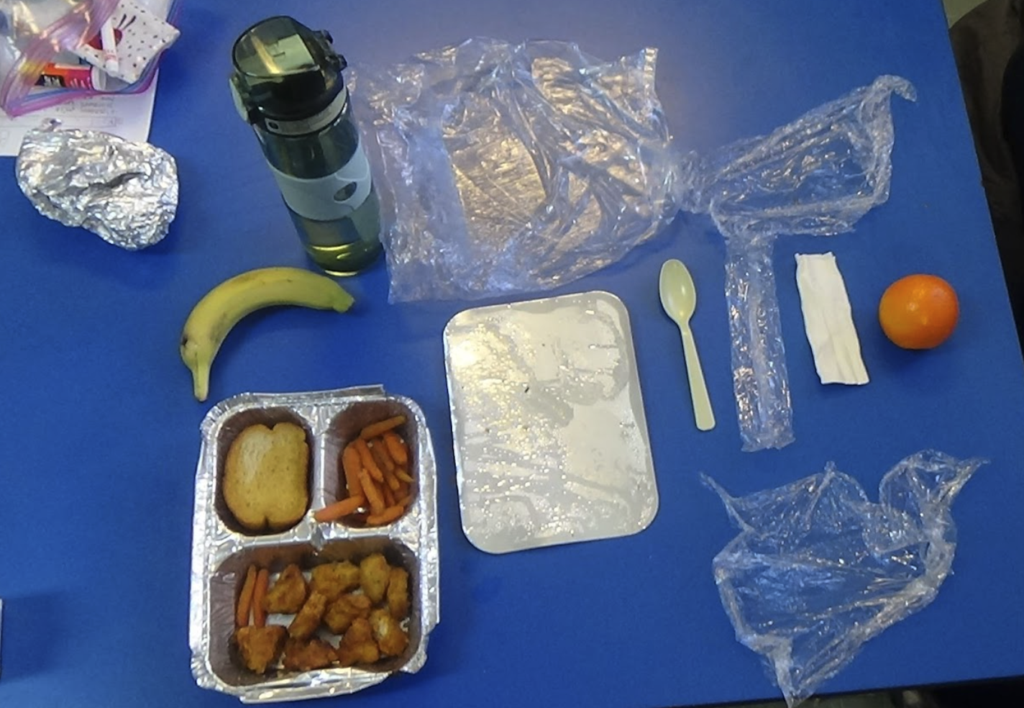
Garbology 101 Unit: Work towards a zero waste cafeteria with students as leaders! Students learn about where is away for proper waste sorting!
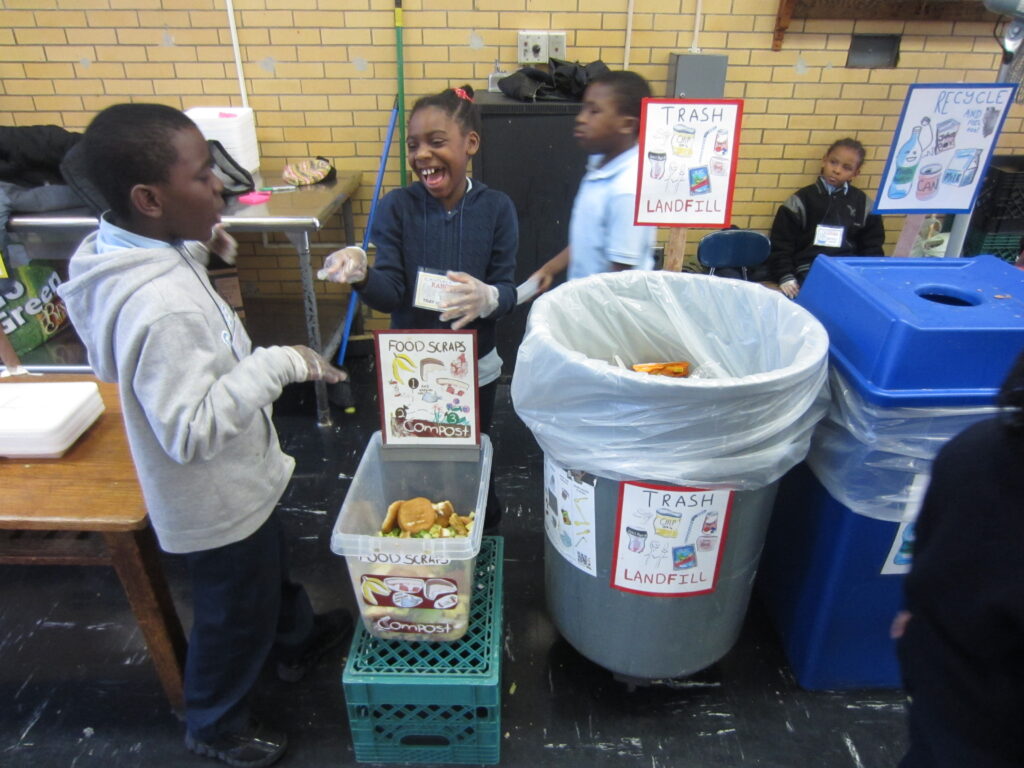
More Resources!
Lifecycle of Plastic Board Game Download and print out the PDF with game directions, cards, and the board!
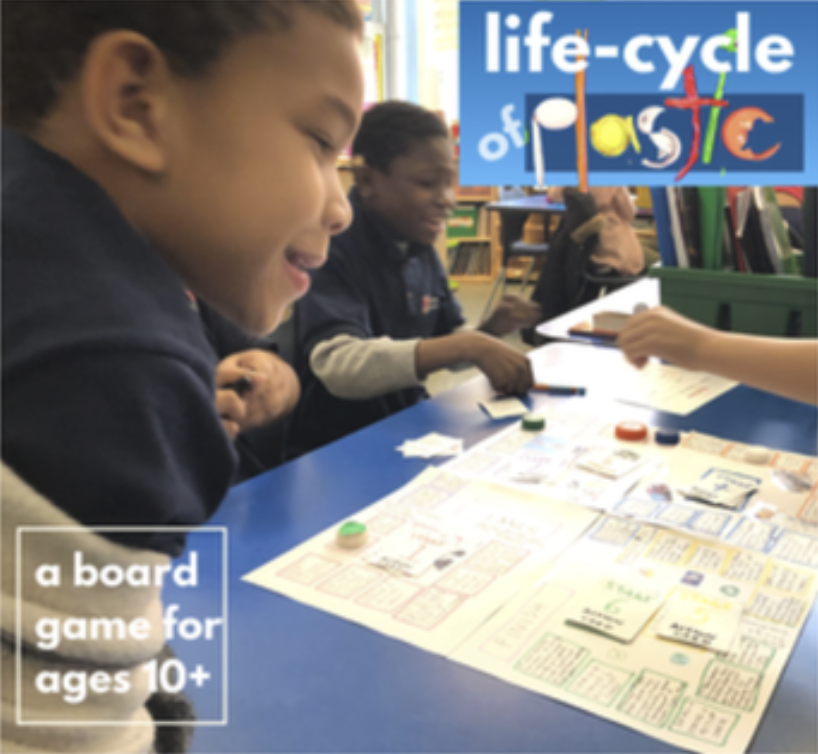
Crossword Puzzle! Download PDF or play online. Test your knowledge of microplastic pollution vocabulary.
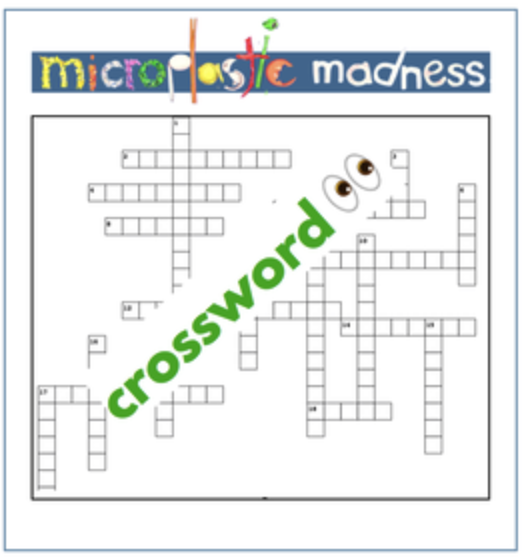
Word search – Download and print! Teachers, email us for the Word Search Solutions PDF and Vocabulary doc.
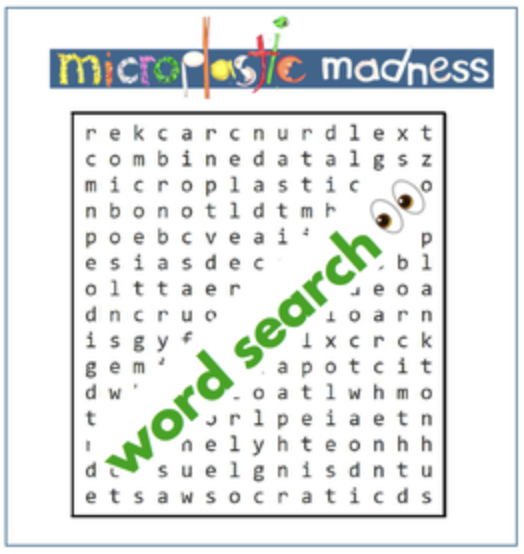


Plastic Free Lunch Day


